In September 1939 Britain went to war against Germany, ostensibly in defence of Poland. One big secret that the British government didn’t know at the time — and not until much later — was that while the Anglo-Polish alliance treaty was being negotiated during the previous months, the Poles had been actively training and arming terrorists to kill British troops in the Middle East.
I don’t normally believe in convoluted conspiracy theories, but this one happens to be true. In the 1930s the anti-Semitic government in Warsaw wanted rid of 3.5 million Polish Jews. Initially they tried to pack them off to Madagascar. But then the Poles hit on the idea of helping Jews create their own state in British-occupied Palestine. The problem was that Britain would not allow large-scale Jewish immigration into Palestine, where the Irgun terrorist group was beginning a bloody campaign for independence in a Jewish homeland. The Irgun’s principal backer was Poland, whose military trained scores of guerrillas, gave them generous supplies of arms and smuggled them into Palestine. So Jew-hating Poles helped Jews to murder British soldiers and civilians, supposedly their allies.
Timothy Snyder’s brilliant Black Earth is full of vividly told vignettes, new insights and a few good scoops. The bare bones of his story about the Irgun, for example, was known in a vague sort of way, but he found the evidence in Polish archives and skilfully weaves it into a broad canvas, confronting the reader with a series of new moral questions about issues that have been debated over the past 70 years.
Black Earth is not a straightforward narrative, though there are plenty of horrifying facts and figures and grisly stories of mass murder for those who want them. Geographically it covers the same territory as Snyder’s superb previous book, Bloodlands, about the areas of eastern Europe and the former Soviet Union where most of the killing in the second world war took place — Poland, Ukraine, the Baltic Republics and western Russia.
These were lands occupied twice, or sometimes three times, in five years by the Germans or the Soviets. Here, as Snyder powerfully argues, in the absence of any state or rule of law, conditions existed in which the Holocaust could happen: ‘one could do what one wanted with stateless people.’ A constant theme throughout Black Earth is that organised bureaucracy did not murder the Jews. It was the destruction of states — anarchy — that did: a profound and clever insight that historians of both the left and right would disagree with, but which seems entirely convincing.
Denmark and France were both occupied by Germany, but retained (up to a point) a state structure, laws, a civil society. Almost no Danish Jews were killed and the Vichy government handed over to the Nazis those Jews whom Germans regarded as ‘stateless’ people from regions in Eastern Europe. Very few French Jews were killed, but millions of Lithuanian, Ukrainian and Byelorussian Jews were slaughtered in the lawless lands of the east.
Auschwitz is the enduring symbol of the Holocaust; yet more than a million Jews had been murdered before any of the death camps were established — most of them shot in vast pits or ravines by SS Einsatzgruppen, special forces sent ahead of the German army to ‘purify’ the Slavic lands.
The SS could not have operated without the help of the Balts, Ukrainians and Poles who had been invaded by the USSR and loathed Stalin even more than Hitler. Snyder is at his best explaining the complex, grotesque way this worked, and how potent in eastern Europe the Nazi-inspired ‘Judeo-Bolshevik’ myth was: that all Jews were communists and all communists were Jews. Take Ukraine, where much of the population had, willingly or not, collaborated with the Soviets. When the Germans came along and declared that the Jews were responsible for communism and must be punished, vast numbers agreed and took part in murdering them. ‘In this way the bulk of the Soviet population was released from its past, since everyone… had been associated with the regime,’ says Snyder. ‘Local people were doing their part in a bloody revision of history.’ This experience has powerful resonance in eastern Europe today.
Snyder is an exceptionally gifted historian and is always worth reading when he sticks to history. But he rather loses his way here in the last few pages when he tries to ‘update’ the Holocaust with references to contemporary environmental issues. I agree with him about the dangers of climate change, but to compare global-warming ‘deniers’ with Hitler, who famously doubted the value of science, is too far-fetched. Are potential water wars in the Middle East, and China’s search for food markets, all Holocausts in the making?
But for the most part this is a masterful work. In such a crowded field, with hundreds of books about the Nazis and their crimes published every year, it is a challenge to say anything new or original about the Holocaust. It is enough just to accept that it is important for each generation to interpret it in a different way, on the principle of ‘We must never forget’. Very occasionally someone as imaginative as Snyder comes along to debunk clichéd myths and present powerful new arguments that make us think afresh.
Got something to add? Join the discussion and comment below.
Get 10 issues for just $10
Subscribe to The Spectator Australia today for the next 10 magazine issues, plus full online access, for just $10.
Available from the Spectator Bookshop, £22.50 Tel: 08430 600033. Victor Sebestyen’s 1946: Making the Modern World, about the aftermath of the second world war, was published last year.
You might disagree with half of it, but you’ll enjoy reading all of it. Try your first month for free, then just $2 a week for the remainder of your first year.

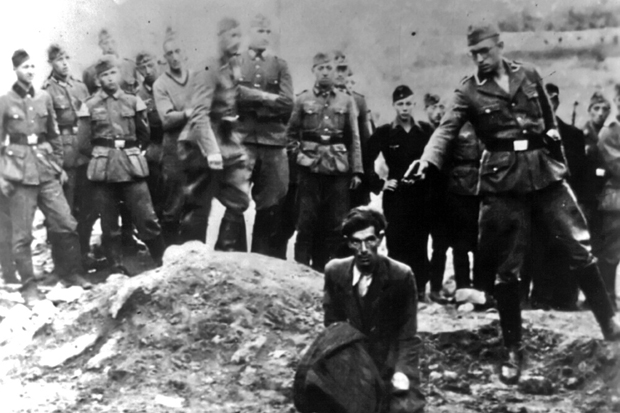
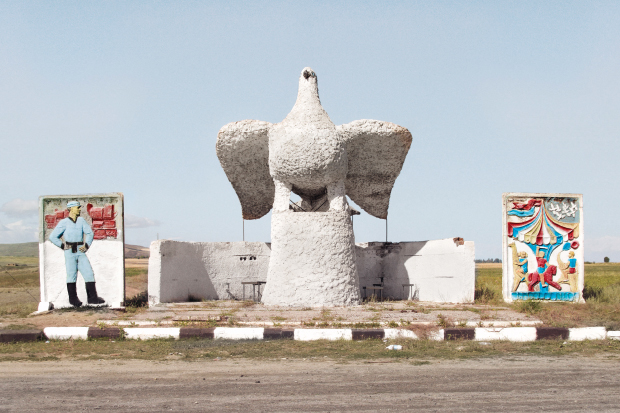

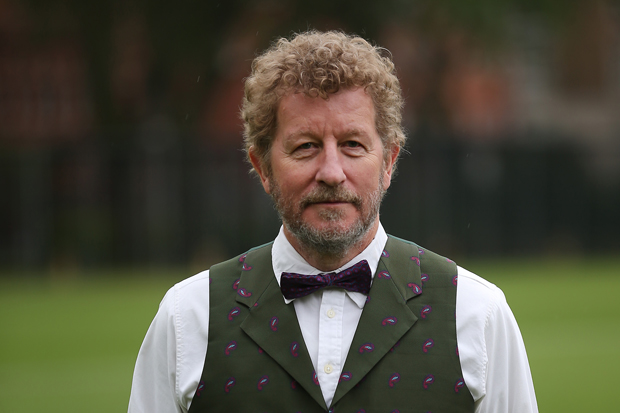
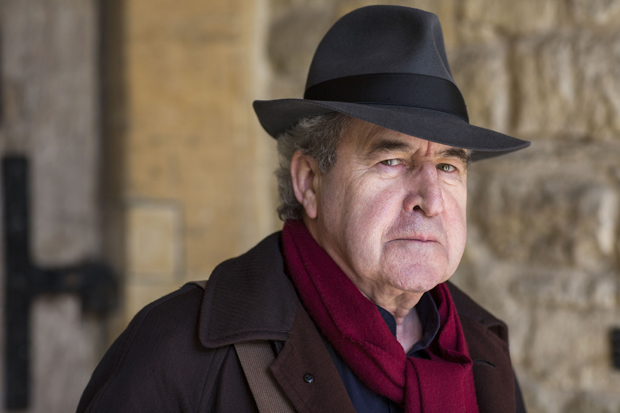
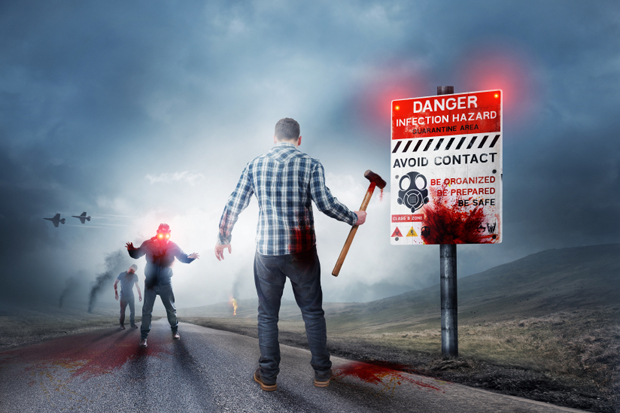
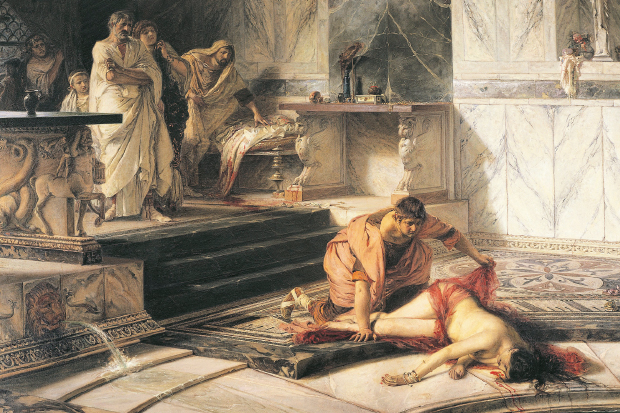






Comments
Don't miss out
Join the conversation with other Spectator Australia readers. Subscribe to leave a comment.
SUBSCRIBEAlready a subscriber? Log in